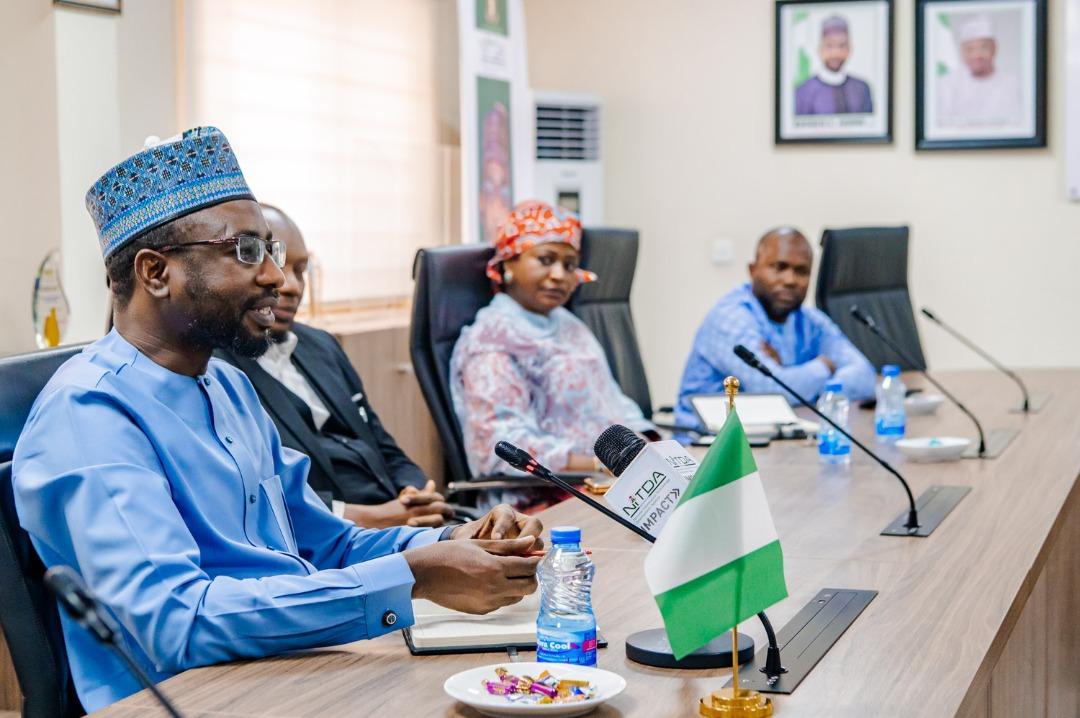The Managing Director of Ericsson Nigeria, Rutger Reman, has given a rundown of expected advantages from the integration of Internet of Things (IoT), saying the platform provides the means to deliver efficient, innovative solutions that meet socio-economic challenges and transform business models to unlock growth in the sub-Saharan Africa.
He said “While Nigeria and South Africa will continue to have the highest number of connected devices; the IoT is taking shape in the rest of the region, especially east Africa. Across the sub-Saharan Africa, we foresee cellular IoT connections growing from 11 million in 2016 to 75 million connections in 2022”.
According to him, agriculture, automotive, health, energy, logistics and supply will lead the projected revenue generation from IoT in Nigeria this year.
“In agriculture, for instance, we can ensure increased yields by deploying the IoT sensors that capture soil data to determine potential yield, humidity, harvest time, amount of irrigation per time, among other things.
“Using the data collected from these systems, we can optimise for best planting conditions, thus ensuring maximum yield output.
“We could also embed monitoring sensors on cattle to track average milk production. With data gathered from the IoT sensors, we can determine best producers and optimise their living conditions for increased output.”
On the healthcare sector, Reman averred that the company could introduce virtual expert medical interventions for births, surgeries, etc, especially in remote/rural areas, adding that “A medical expert seating anywhere in the world can assist a local social worker or another medical expert through a medical operation or exercise, thus saving time spent on travel and reducing risks from traveling long distances to receive medical care”.
“The utility sector for energy and water where we have smart metering is steadily gaining ground in Nigeria. We see this being developed further so that consumers are able to control the power or water they use.
In his further submission, Ericsson boss added that using the IoT, energy or water consumption could be optimised and evenly distributed to areas with greater need, thus saving and minimising energy losses.
He argued that at the heart of IoT were data and analytics and “The amount of data made possible through the IoT makes it possible to monitor trends, predict consequences, and forestall occurrences that lead to overall improvement in societies, industries and the economy”.









